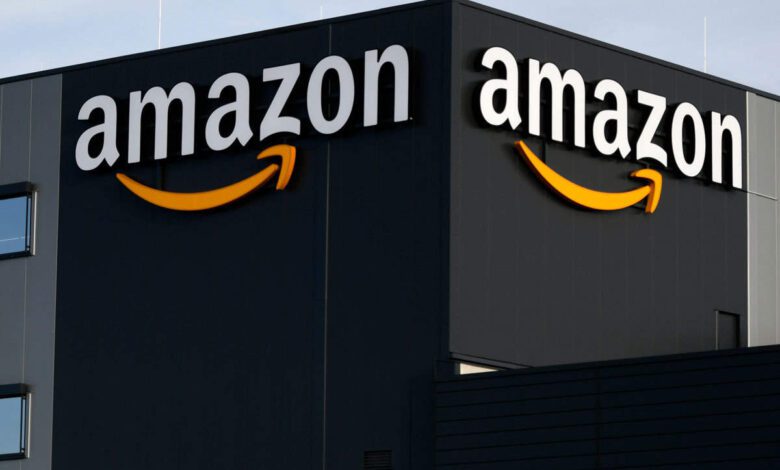Amazon launches $250 million venture fund for medium and small-scale businesses in India
Amazon India has also pledged to onboard 1 million offline retailers and neighborhood stores by 2025 through its Local Shops program on Amazon.

Amazon which has for long been accused of being a hindrance and death-blow to traditional brick and mortar stores and also to small to medium scale manufactures, has launched a venture fund to help such businesses digitize themselves for growth along with a special initiative for the traditional artisans located in the neglected North-East part of India.
E-commerce giant Amazon today announced a USD 250 million fund (approximately 1873 crore rupees) that will focus on digitizing small and medium scale businesses with an emphasis on the sectors of agriculture and health-tech. Amazon intends to help and inspire more MSMEs (micro, medium and small-scale businesses) to be able to their brand online, help them grow and expand and to help them get an online presence. The fund called by amazon as “Smbhav venture fund’ is targeted at empowering the best ideas, and attracting visionary entrepreneurs.
“Small and medium-sized businesses are often the engine and the lifeblood of economies and I think it’s true in India as well. And we are very passionate about trying to enable acceleration of SMBs in fuelling innovation and the economy in India and so building on what we did last year, I’m excited to announce a brand new USD 250 million Amazon Smbhav Venture Fund,” Amazon Web Services CEO Andrew Jassy said.
Amazon India Global SVP and Country Head India Amit Agarwal said “The fund is going to focus on three key priorities – SME digitisation, Agri-tech innovations to empower farmer productivity and reach, and health-tech to provide universal and quality health care.”
Amazon India has also pledged to onboard 1 million offline retailers and neighbourhood stores by 2025 through its Local Shops program on Amazon. This will help them supplement footfalls at their traditional brick-and-mortar stores with a digital presence on Amazon.in. The program has a primary aim to bring in the local kirana store online and in the last six months has already brough in 50,000 stores into the digital spectrum across 450 cities. These stores will have exclusive digital storefronts in regional languages on the Amazon website and will be encouraged to take part in various discount events like the big billion-day, necessary help and knowledge for the same will be given to them.
The e-commerce company also announced the launch of ‘Spotlight North East’ initiative which looks to provide technology tools and customers to local women and tribal communities in India’s north-east region. The company looks to benefit 50,000 weavers, artisans from tribal communities, including local small businesses and offline neighbourhood stores, by 2025.
Emphasizing that the technological revolution and penetrability should reach every nook and corner of India, therefore the company is focussing on the neglected North-East region. The company will partner with the government and will try to boost up the local economy. Women empowerment will play a key role in this scheme. Amazon is partnering with government organizations including TRIFED and NEHHDC to engage, skill and digitally enable artisan and weaver communities across the region.
Amazon will also launch a dedicated North East storefront to showcase unique GI products and hidden gems like Chakshesang shawls from Nagaland, Muga Silk from Assam, different types of weaves like Moirang Phee from Manipur.
Jitendra Singh, Minister for State (IC) for Development of North Eastern Region said, “we’ll bring 5000 graphs, Geographical Indication (GI) products and other local products on its India marketplace. This will boost export of exclusive commodities of the region for example – honey, spices like Mizo Chilli, tea, etc. I hope that the outcome of this initiative will help in boosting the local industry and also improve the standing of the Northeast region and for all of us here in the world.”
When e-commerce websites like Amazon had entered India doomsday predictions for traditional stores and small businesses were predicted with a fear of creation of monopoly. Protests were held and government was forced to take steps (like regulating discounts being given) which proved to be a hindrance to e-commerce websites. Private large-scale businesses are always looked upon with a suspicious gaze and blamed for their anti-poor business models in a predominantly socialist and welfare driven society like India. This initiatives again proves that capitalism in the long run generates capital and opportunities for such welfare schemes, hence a good mix of both is required.


